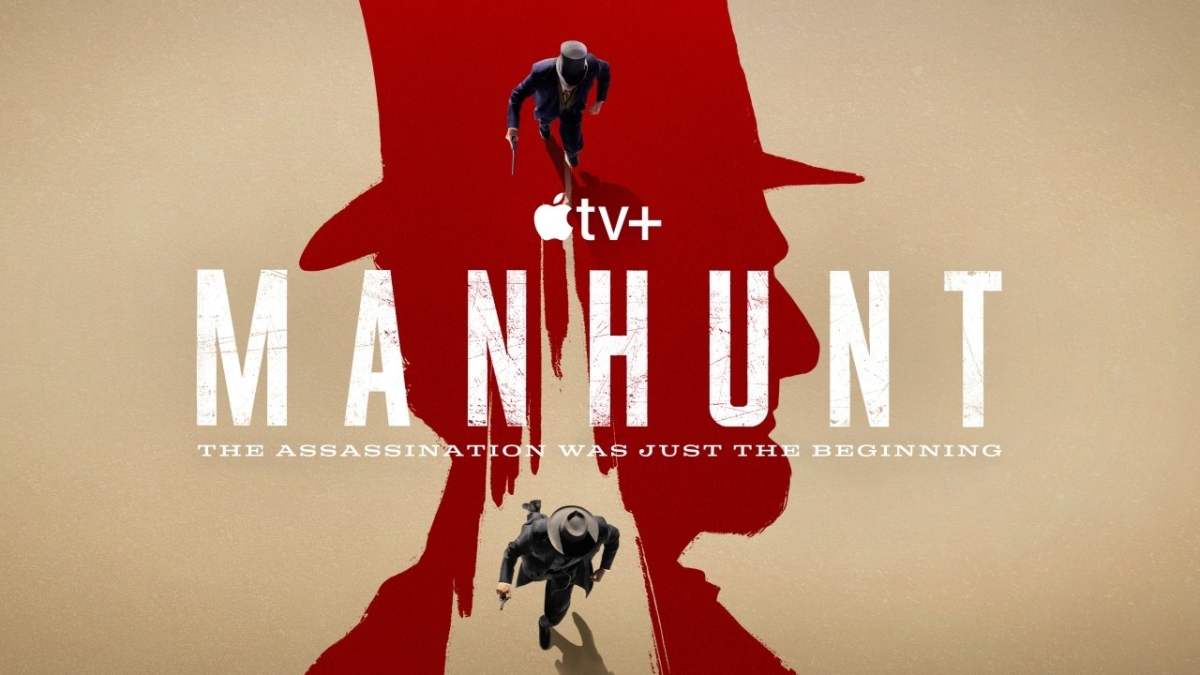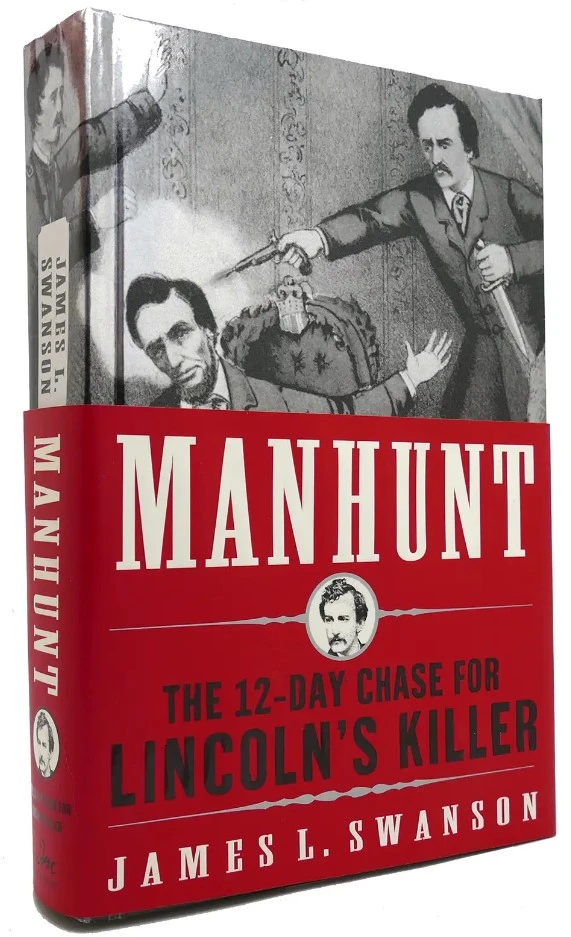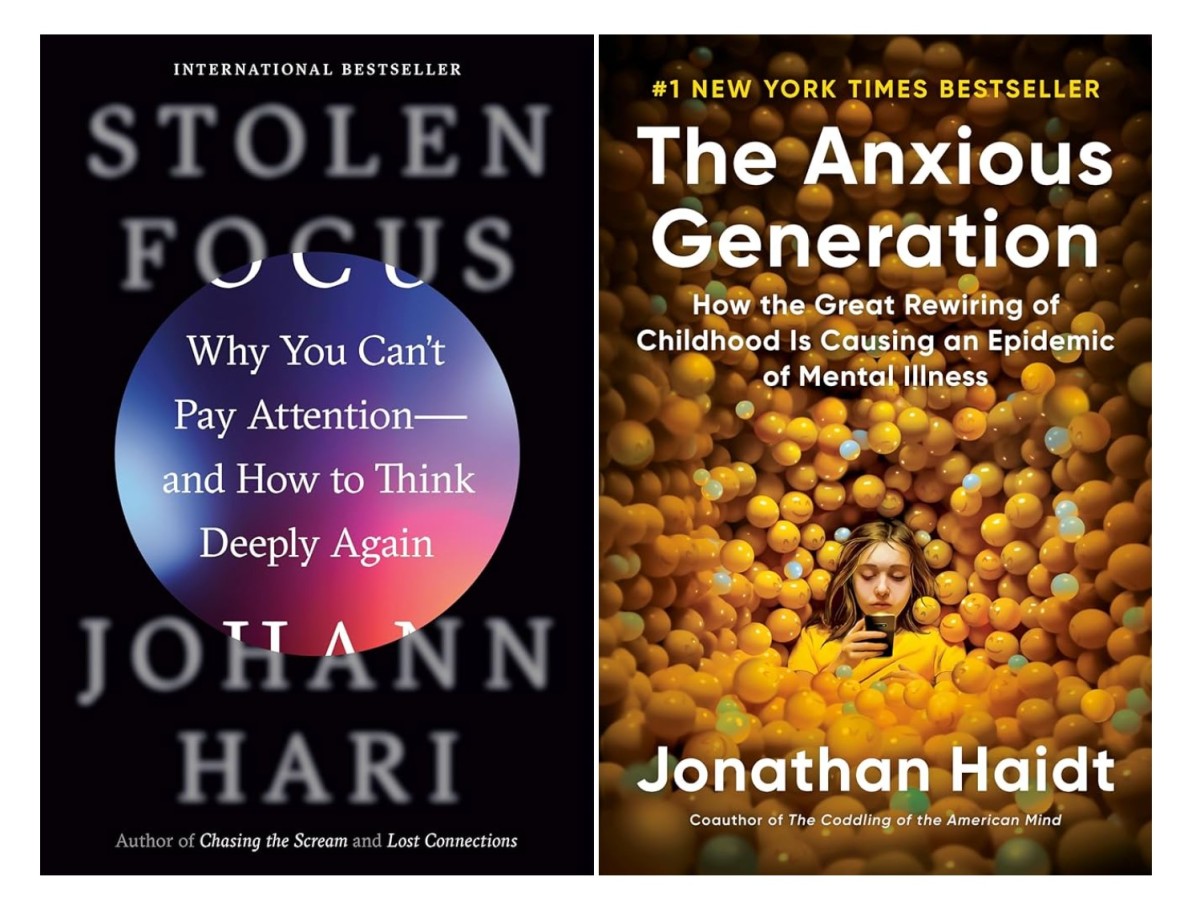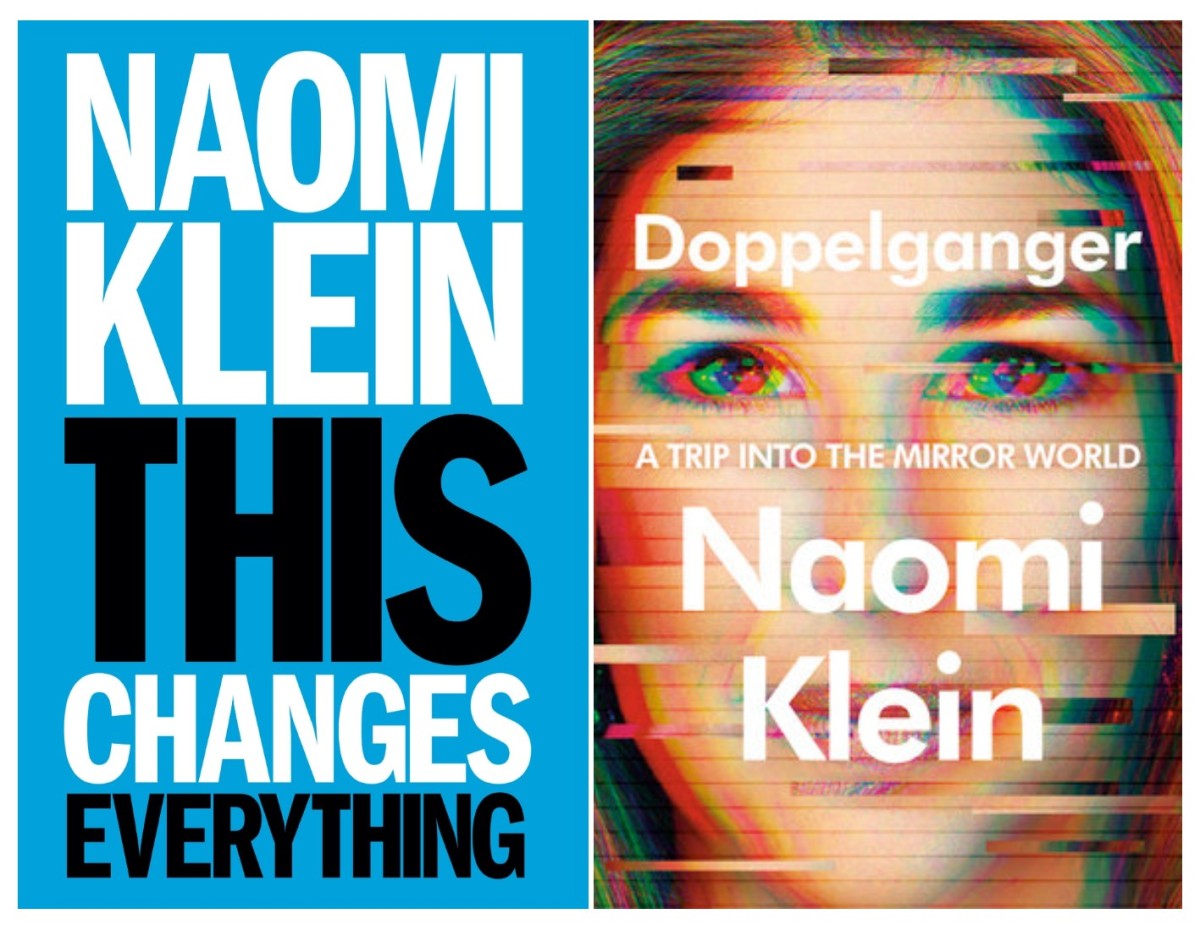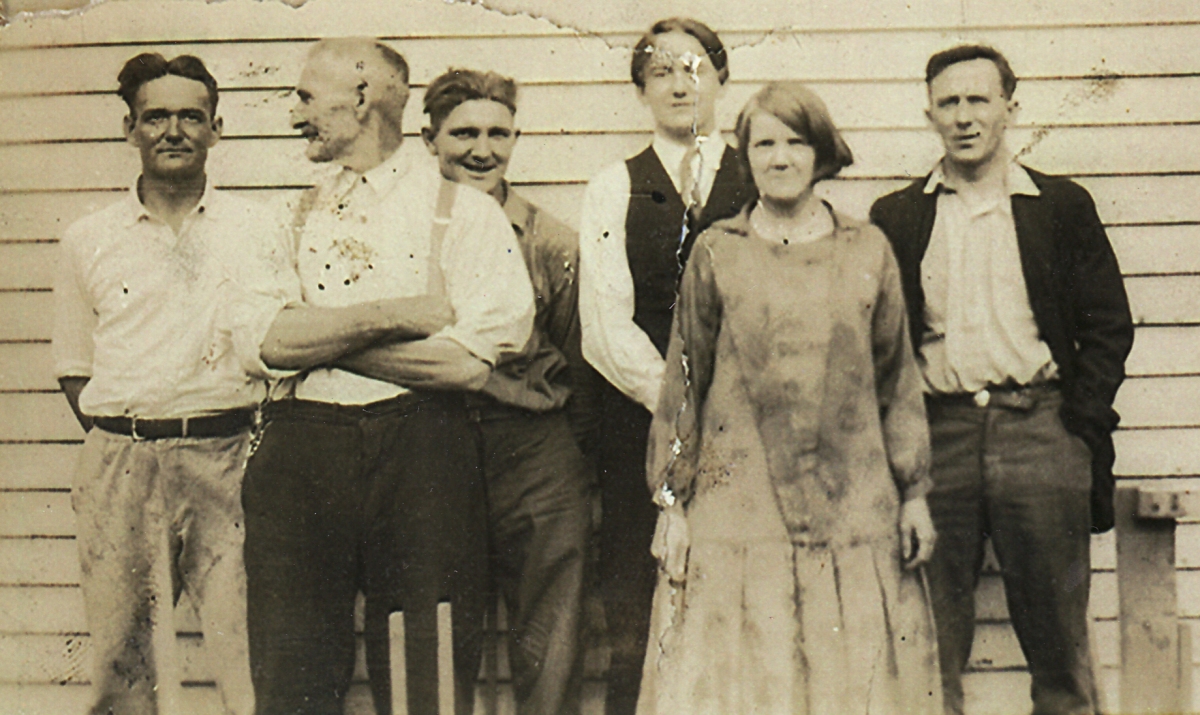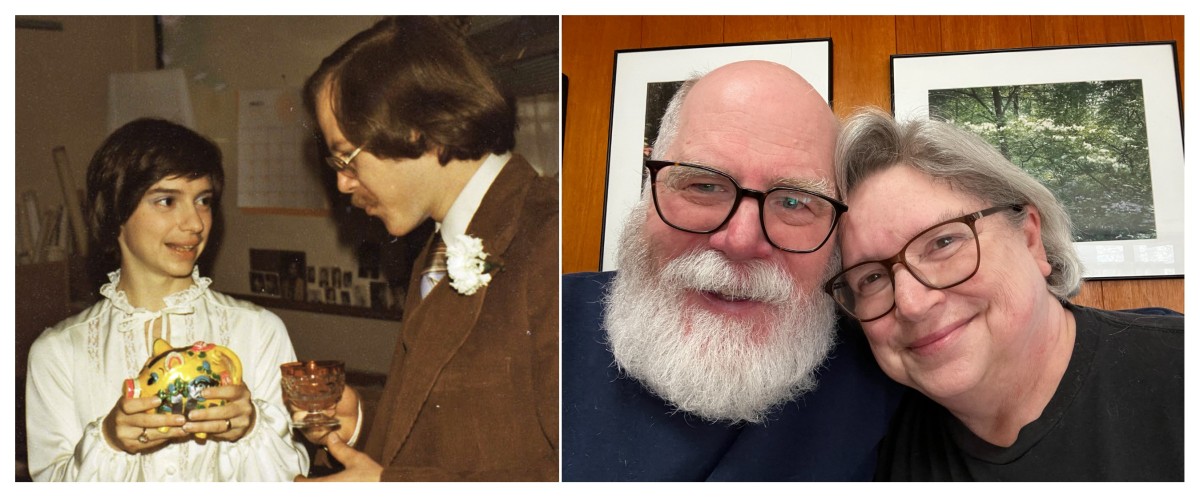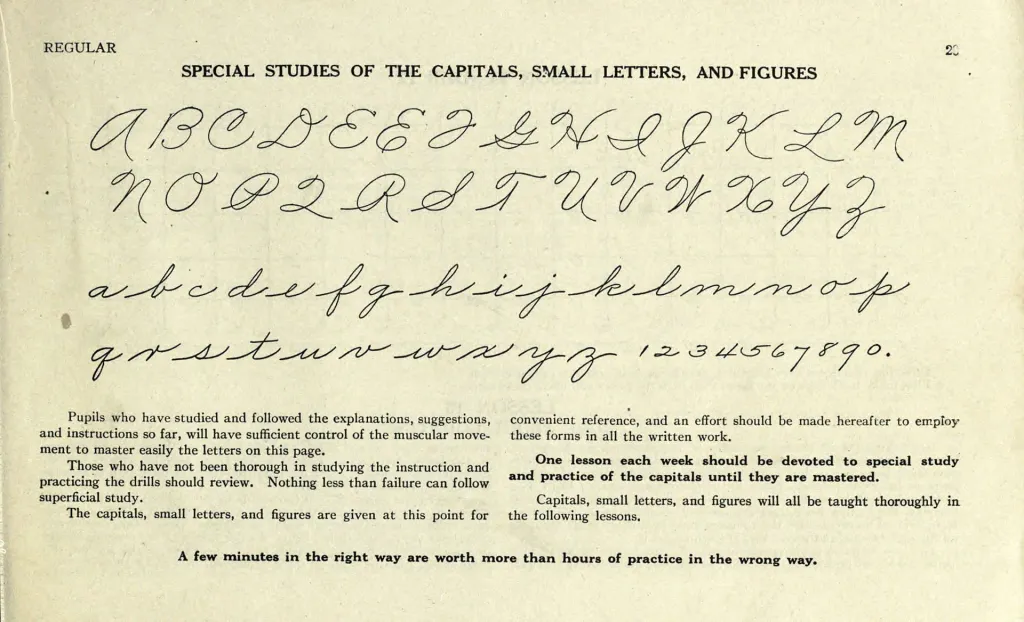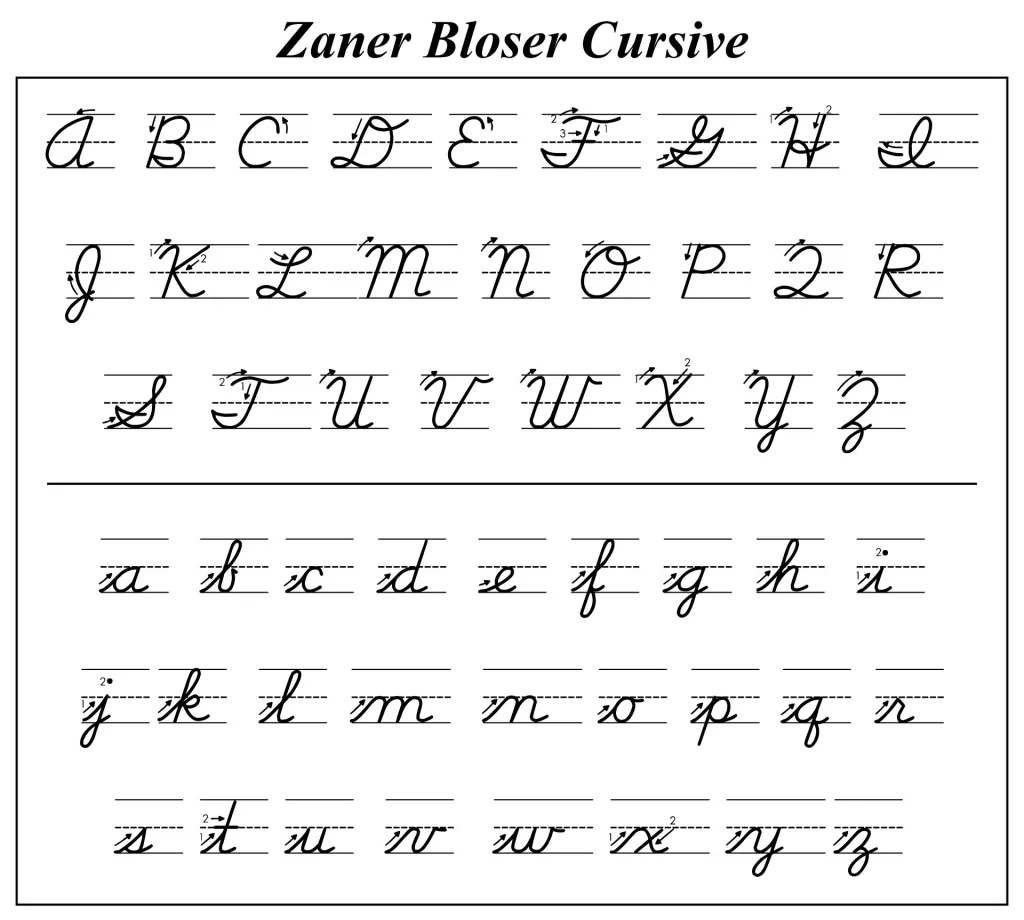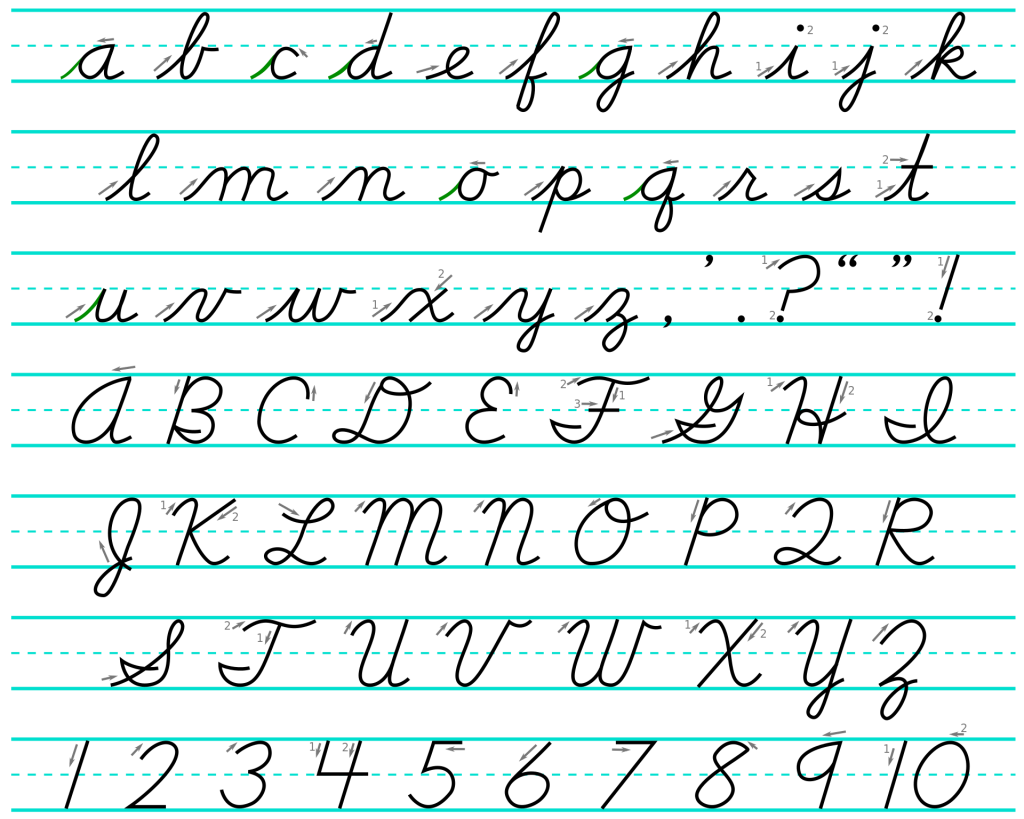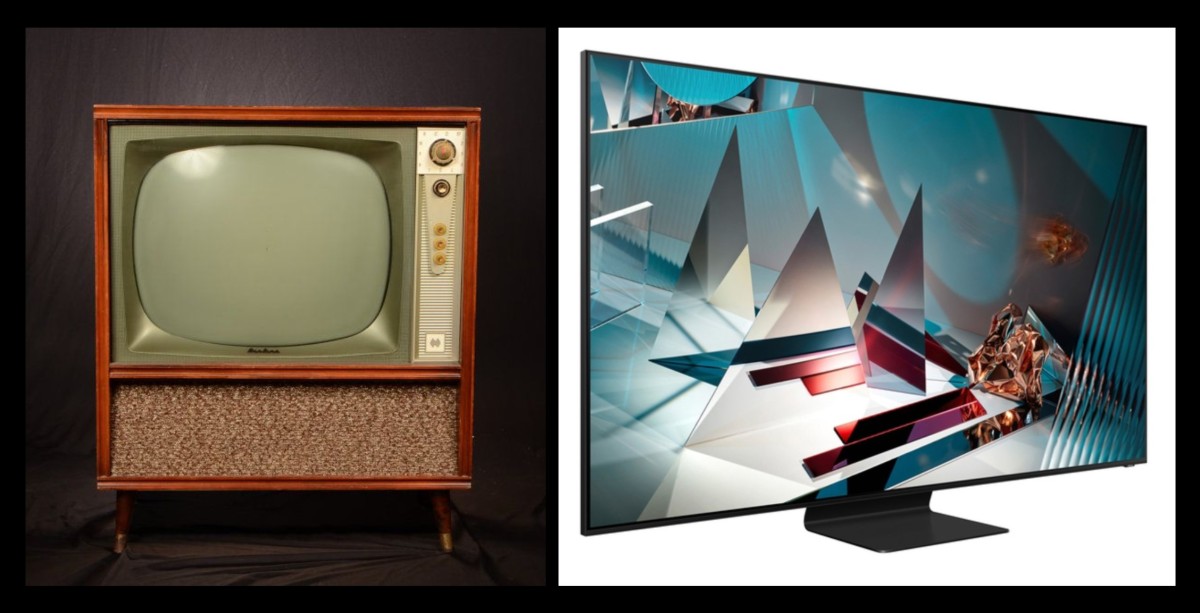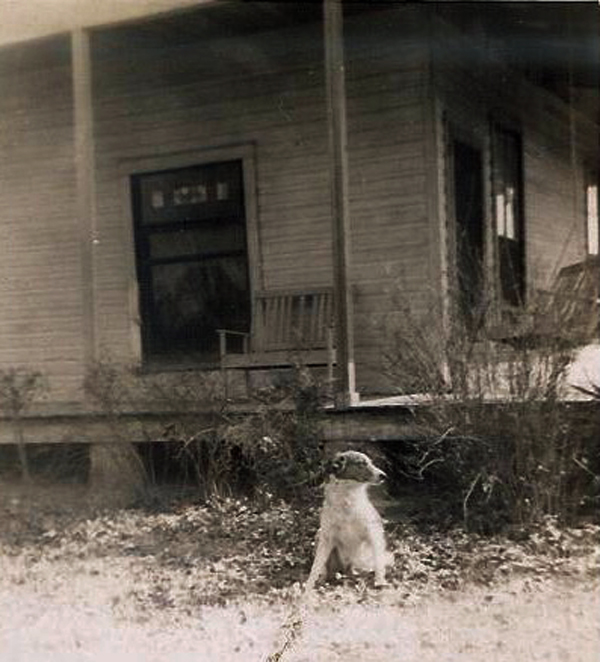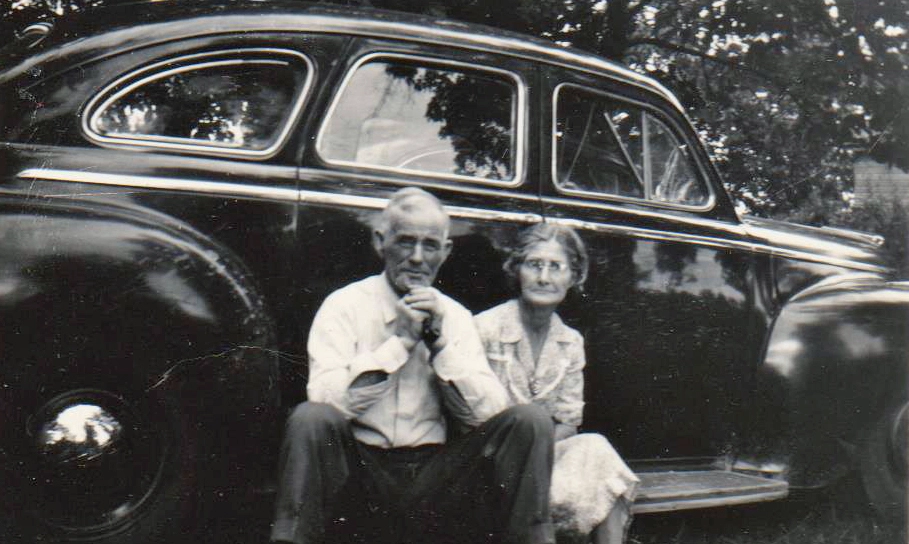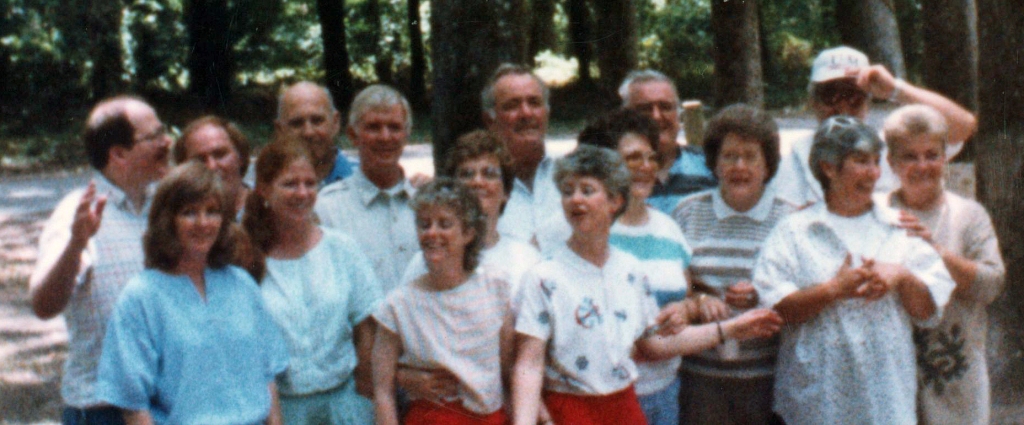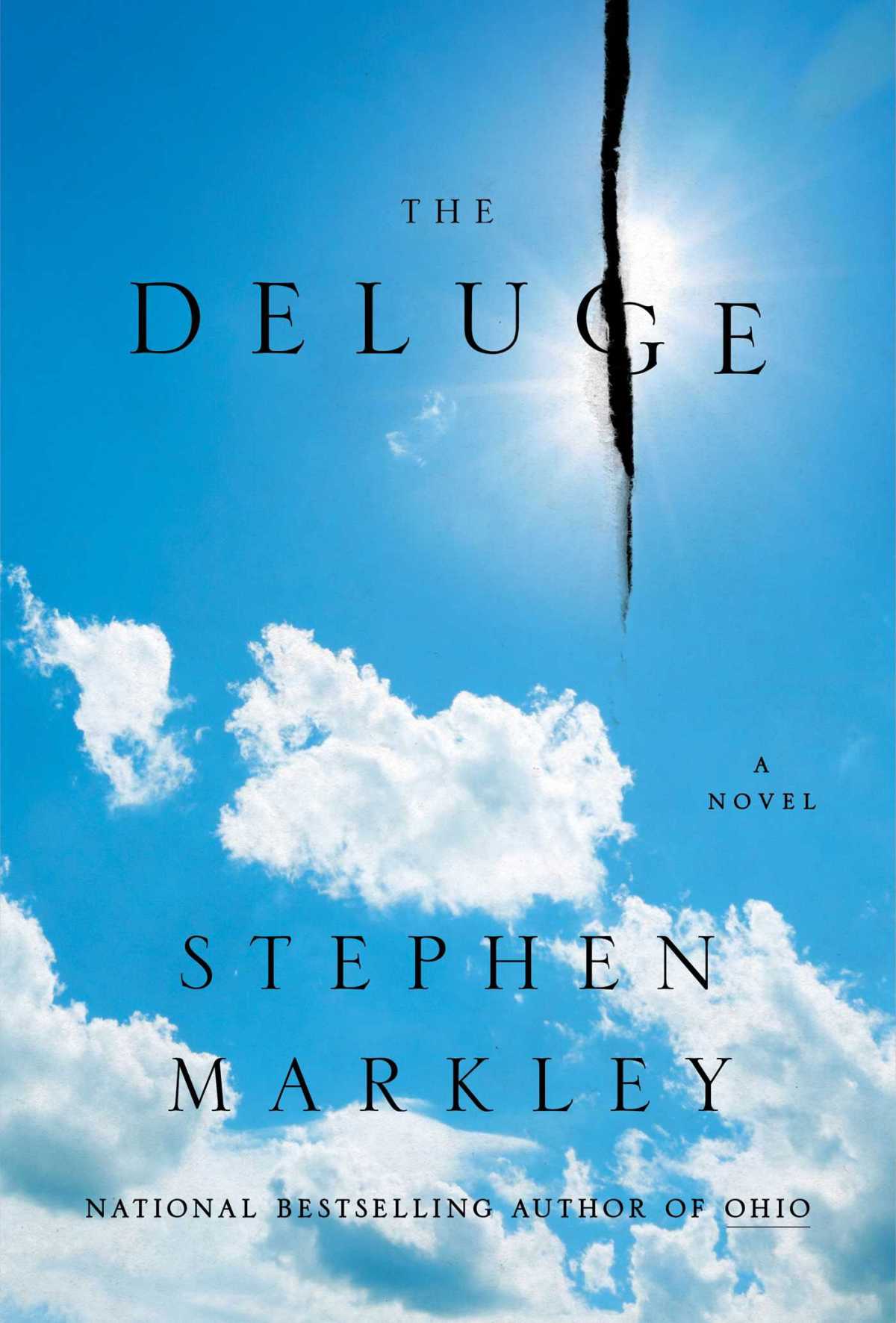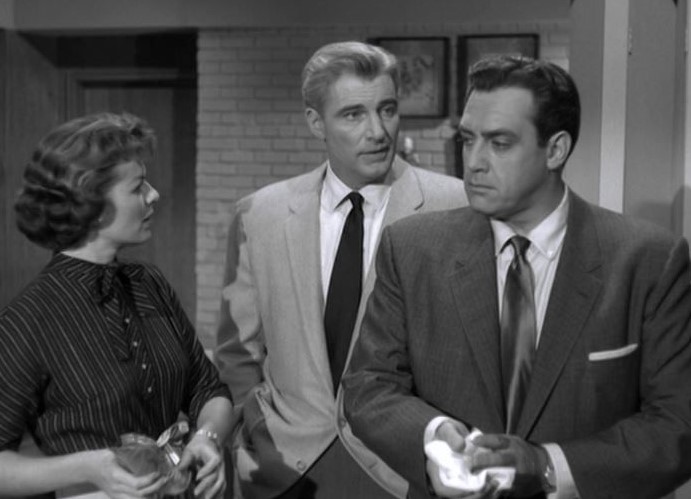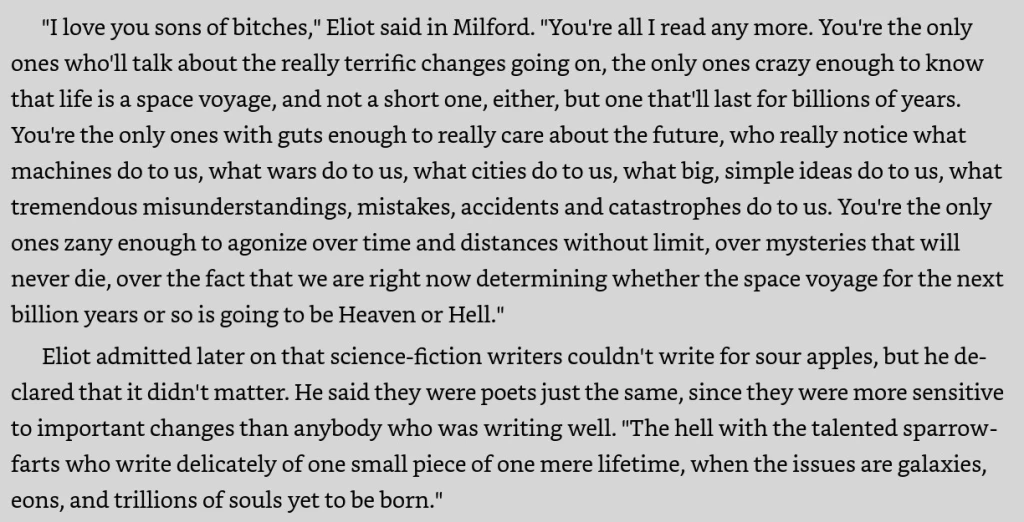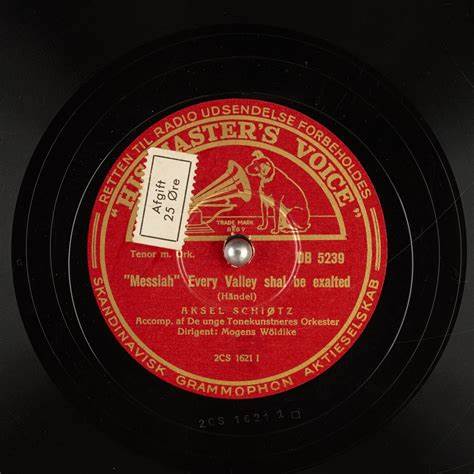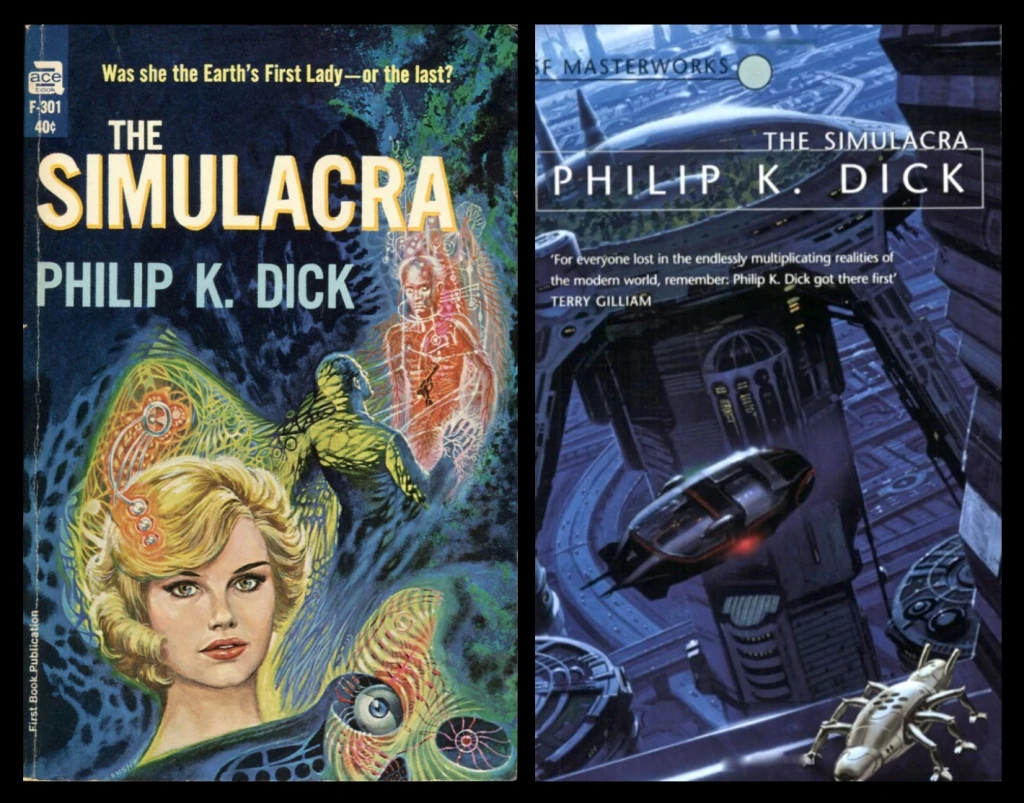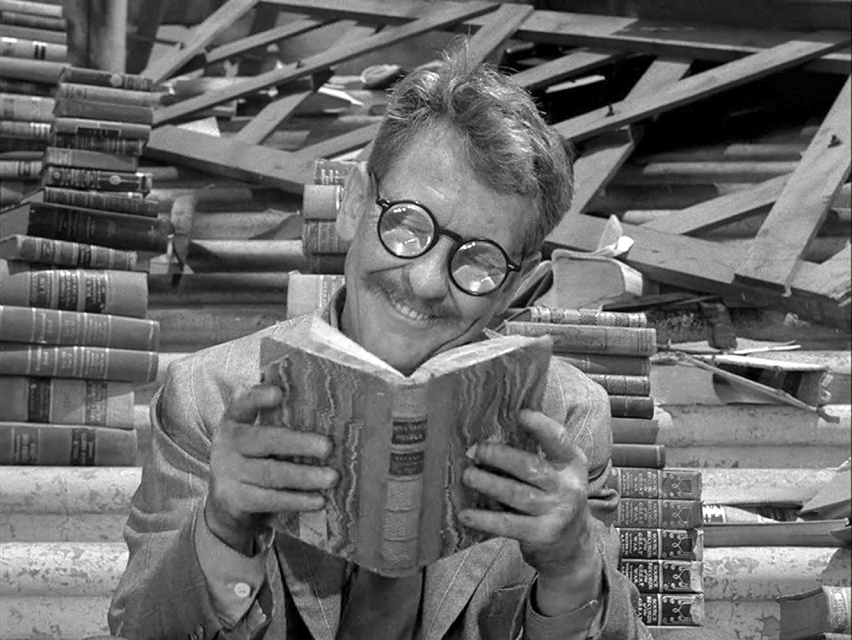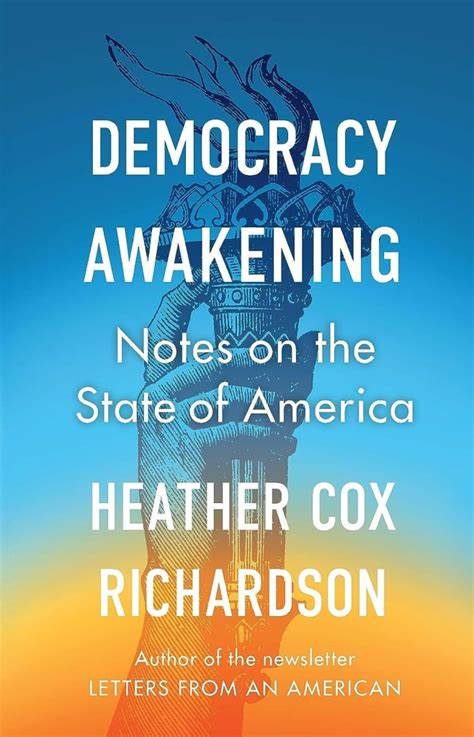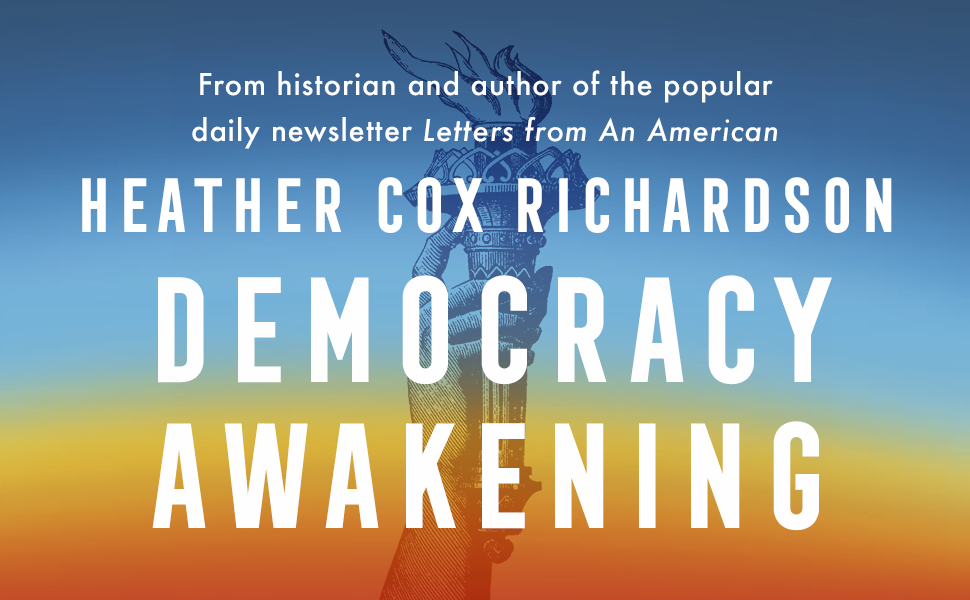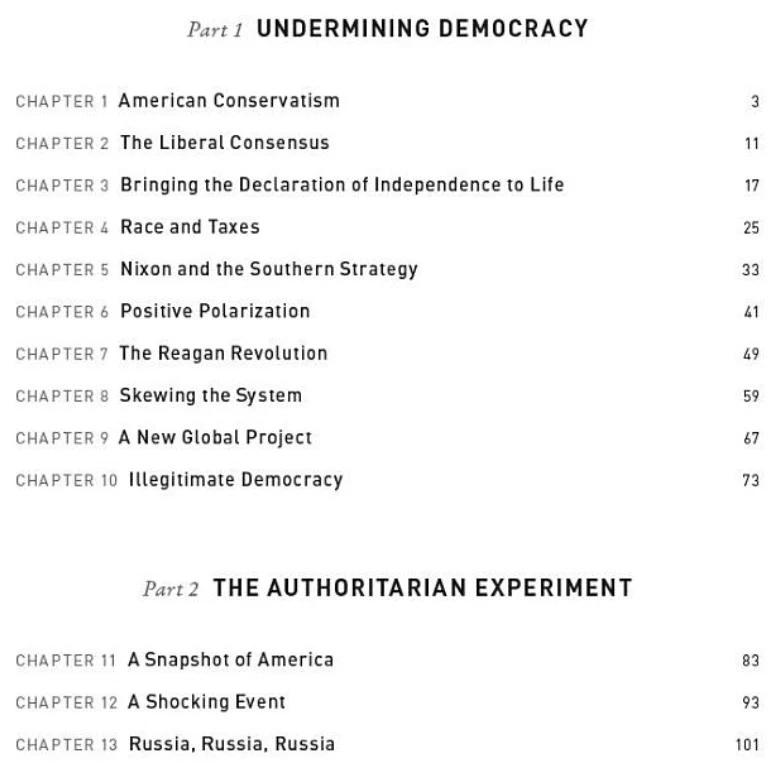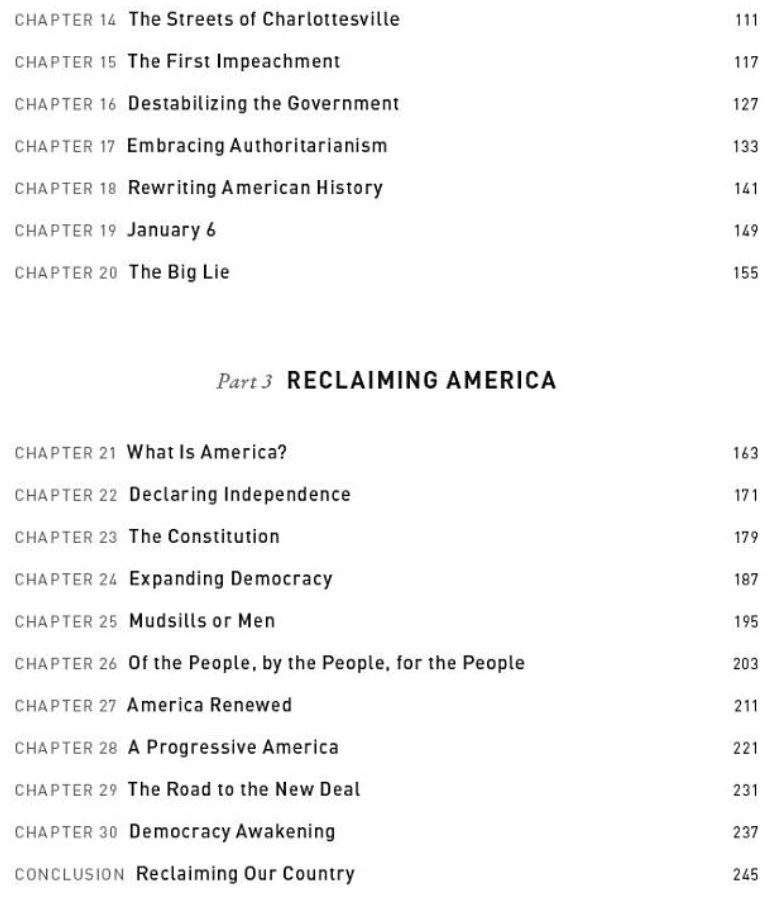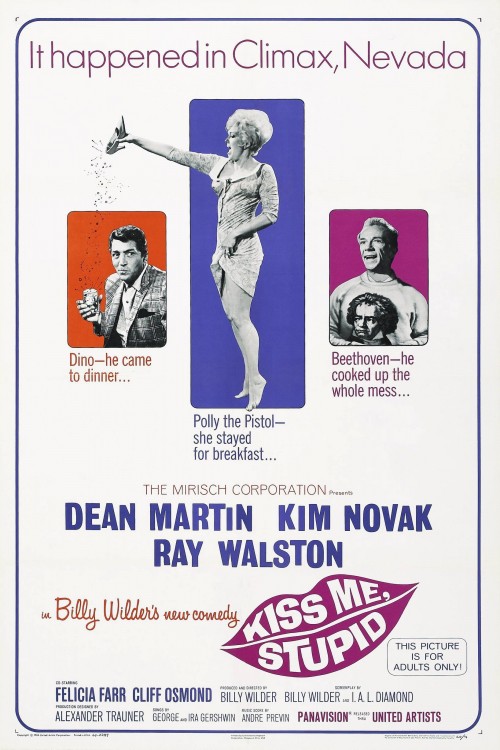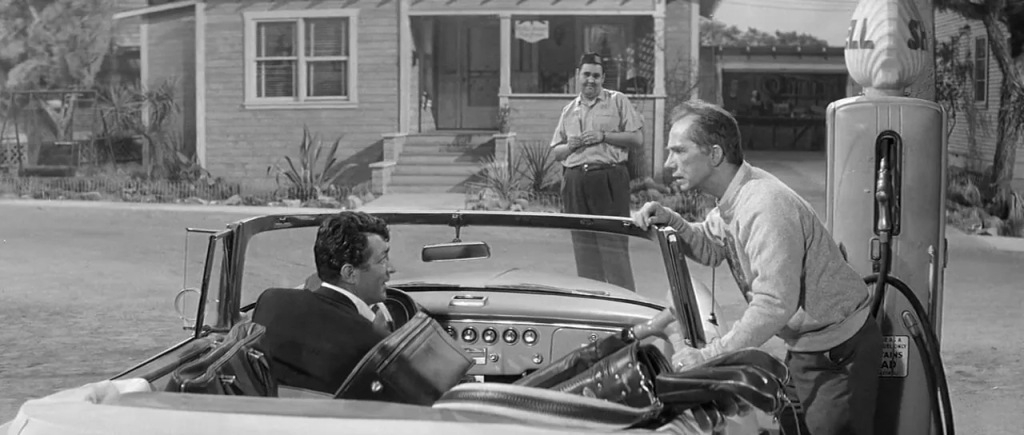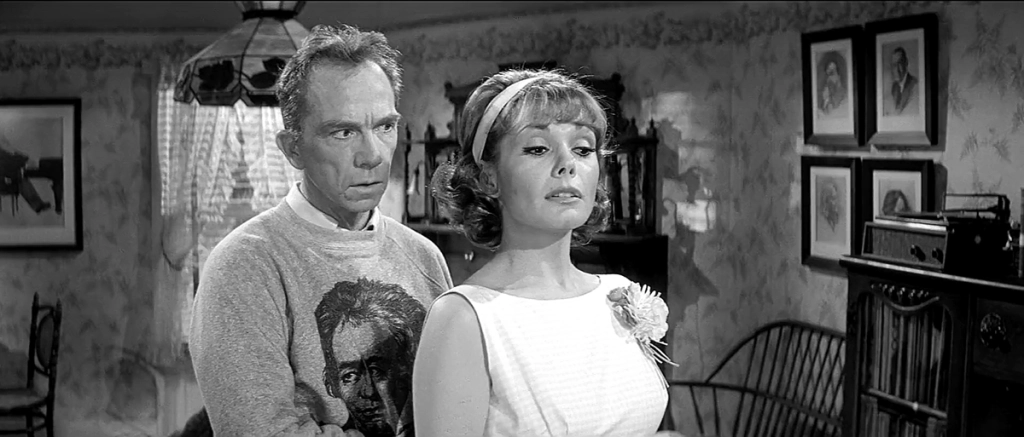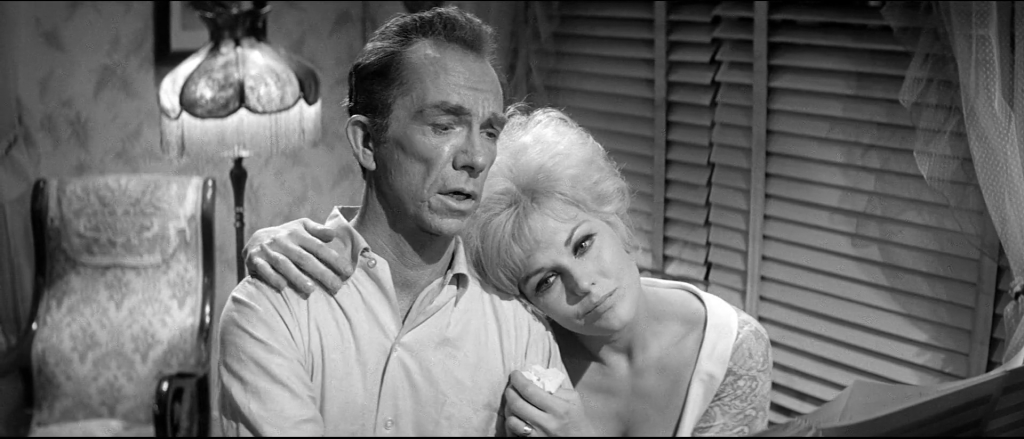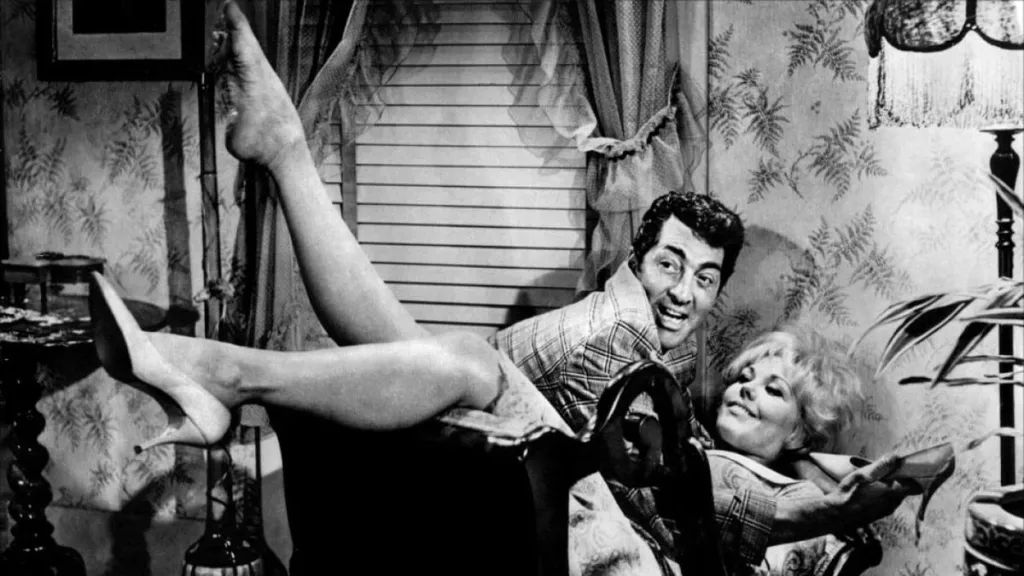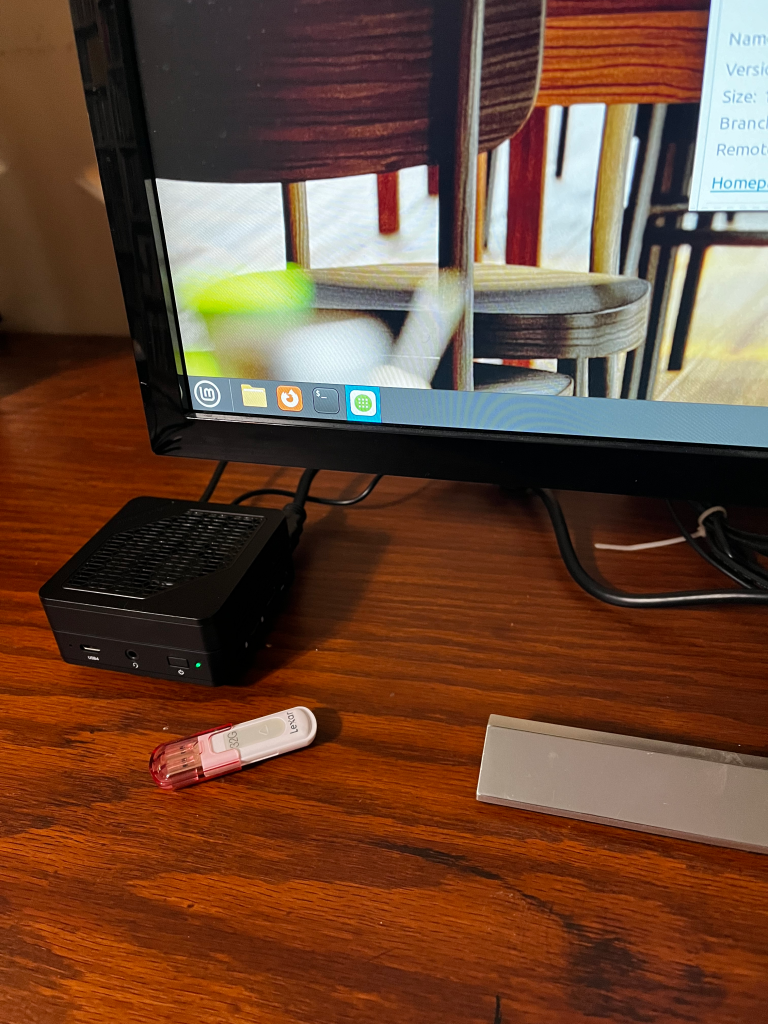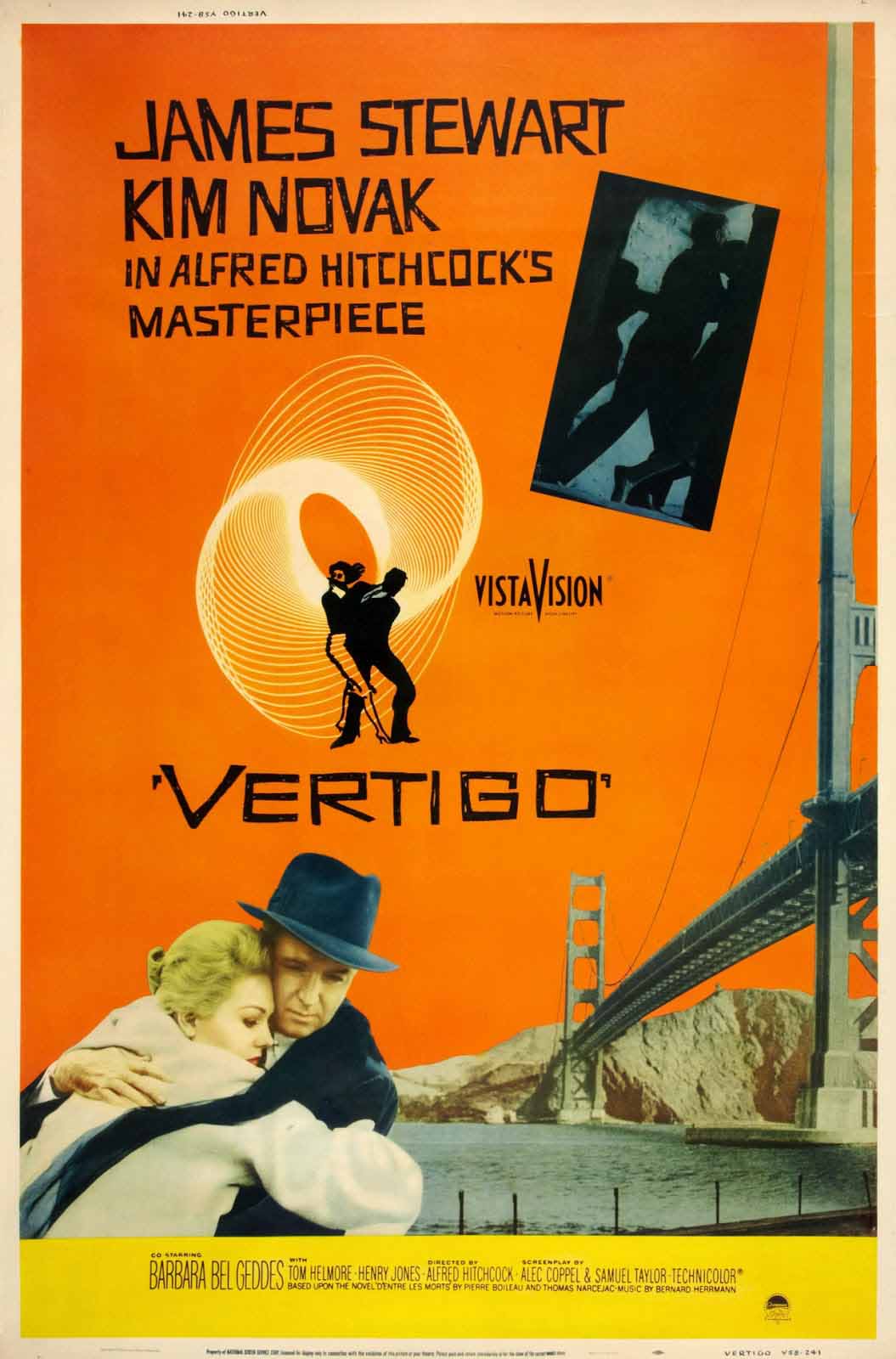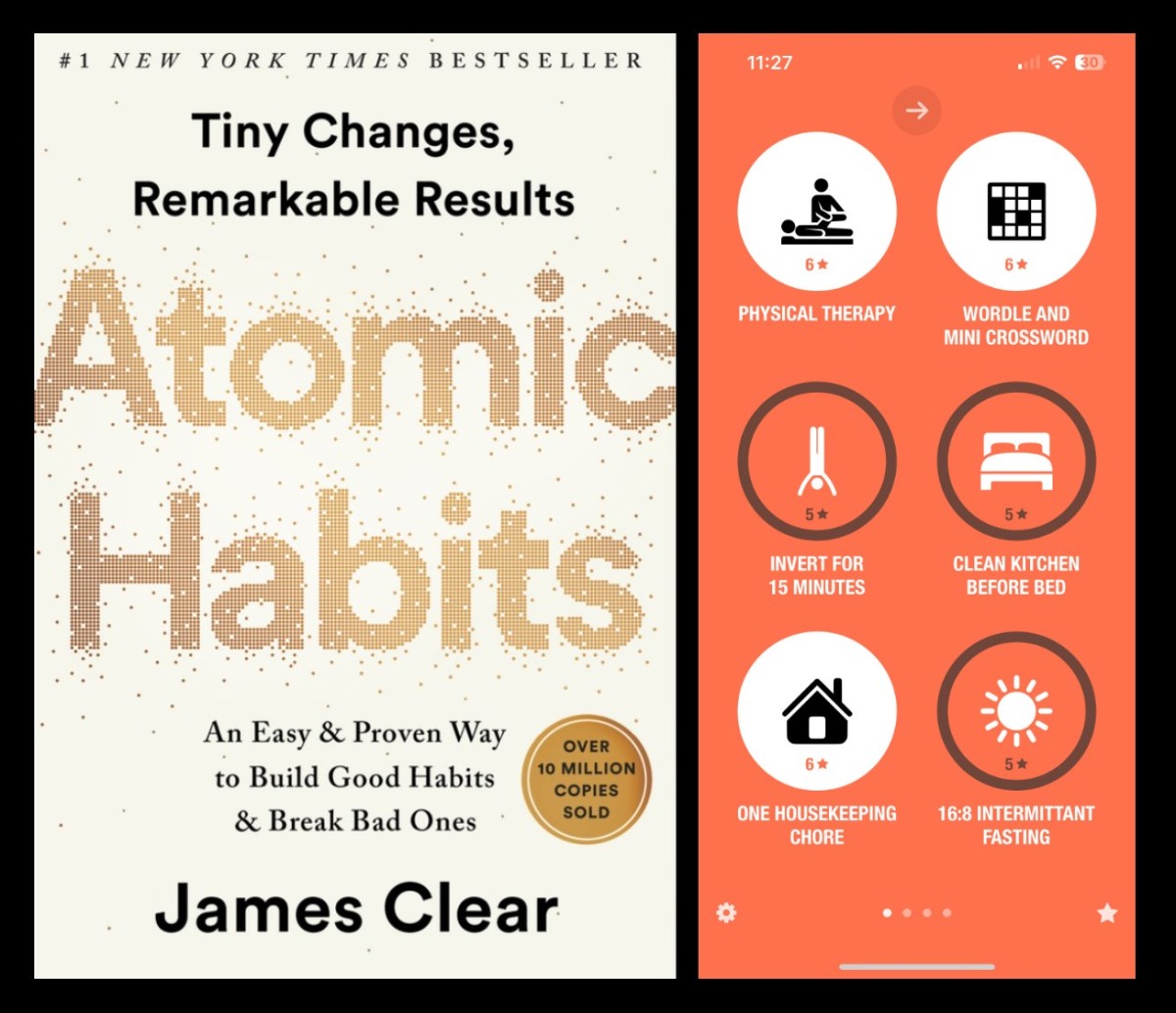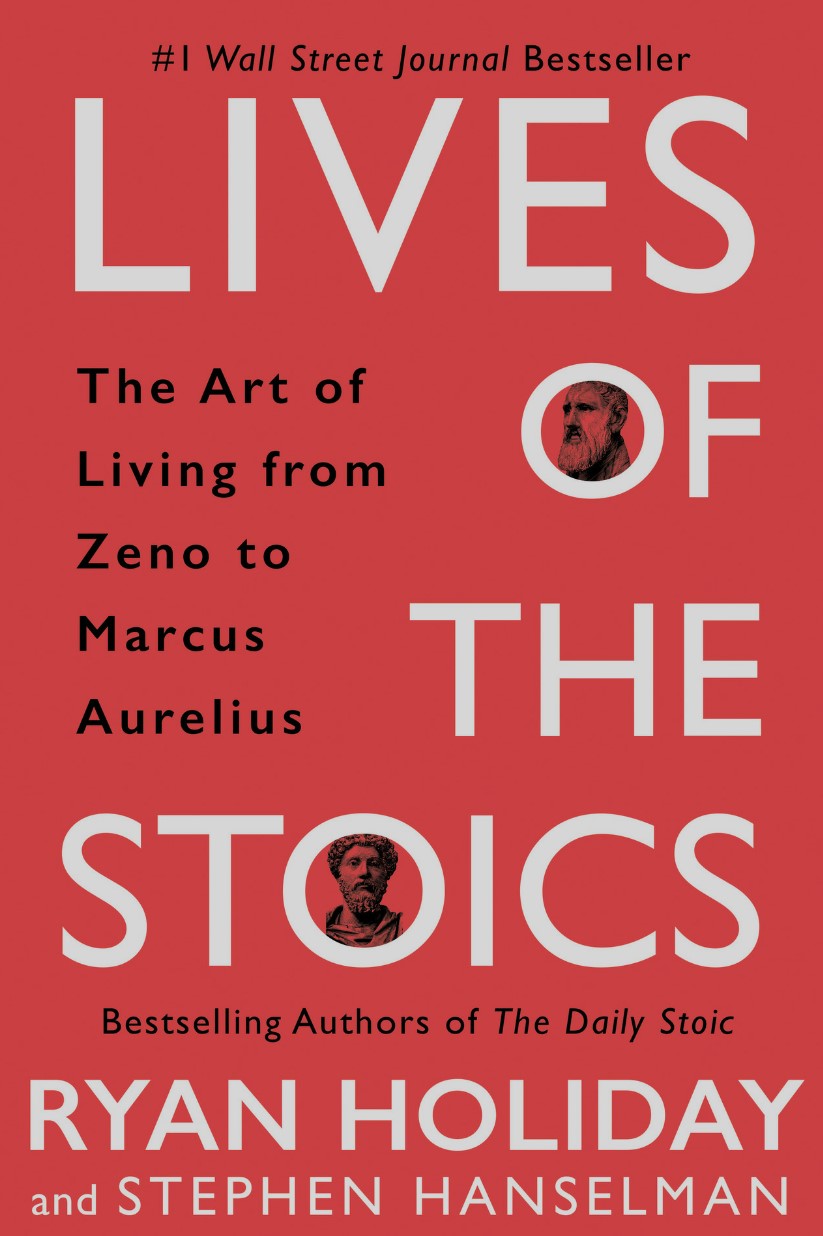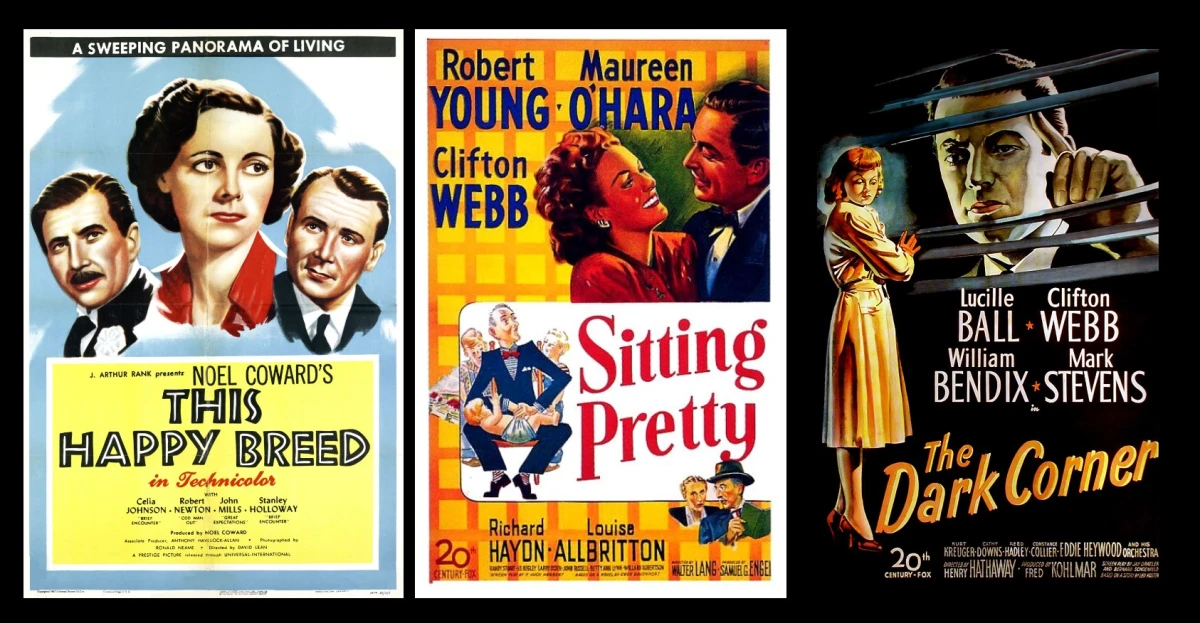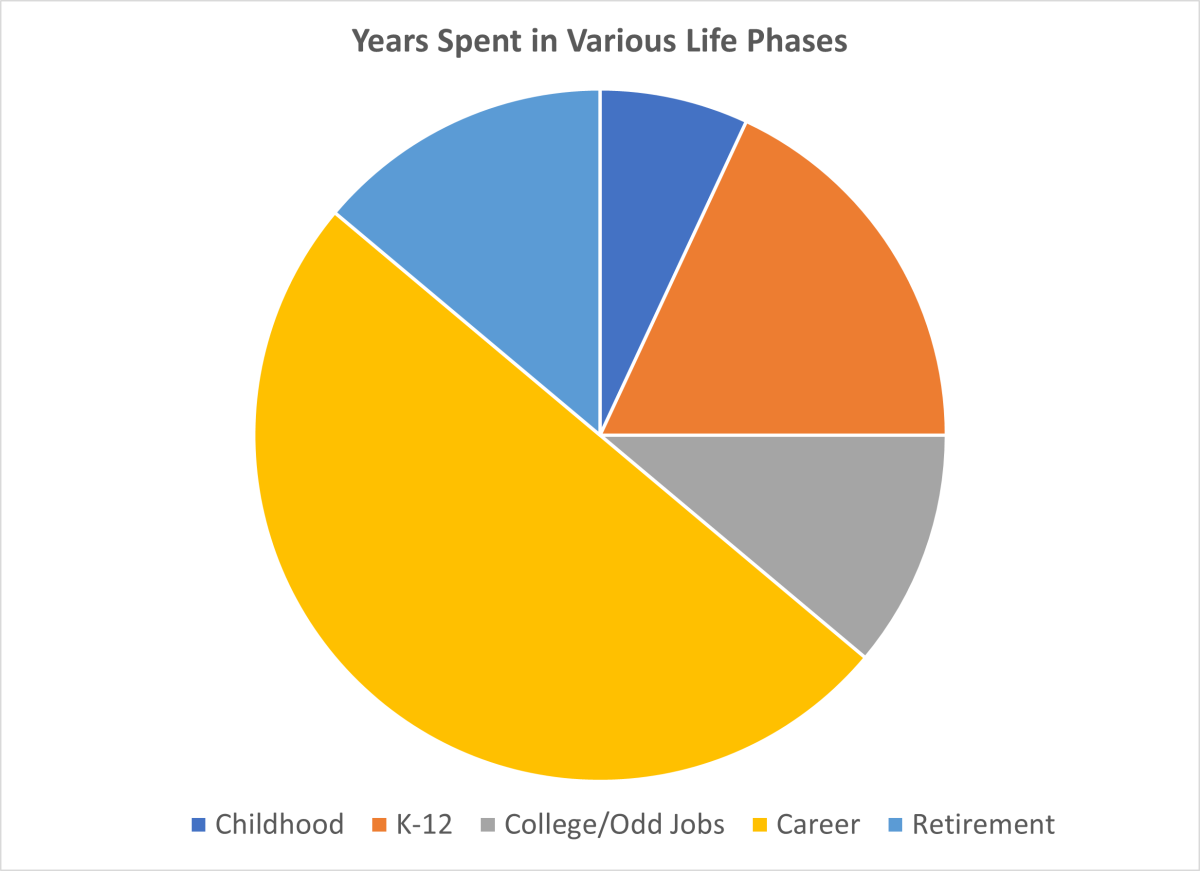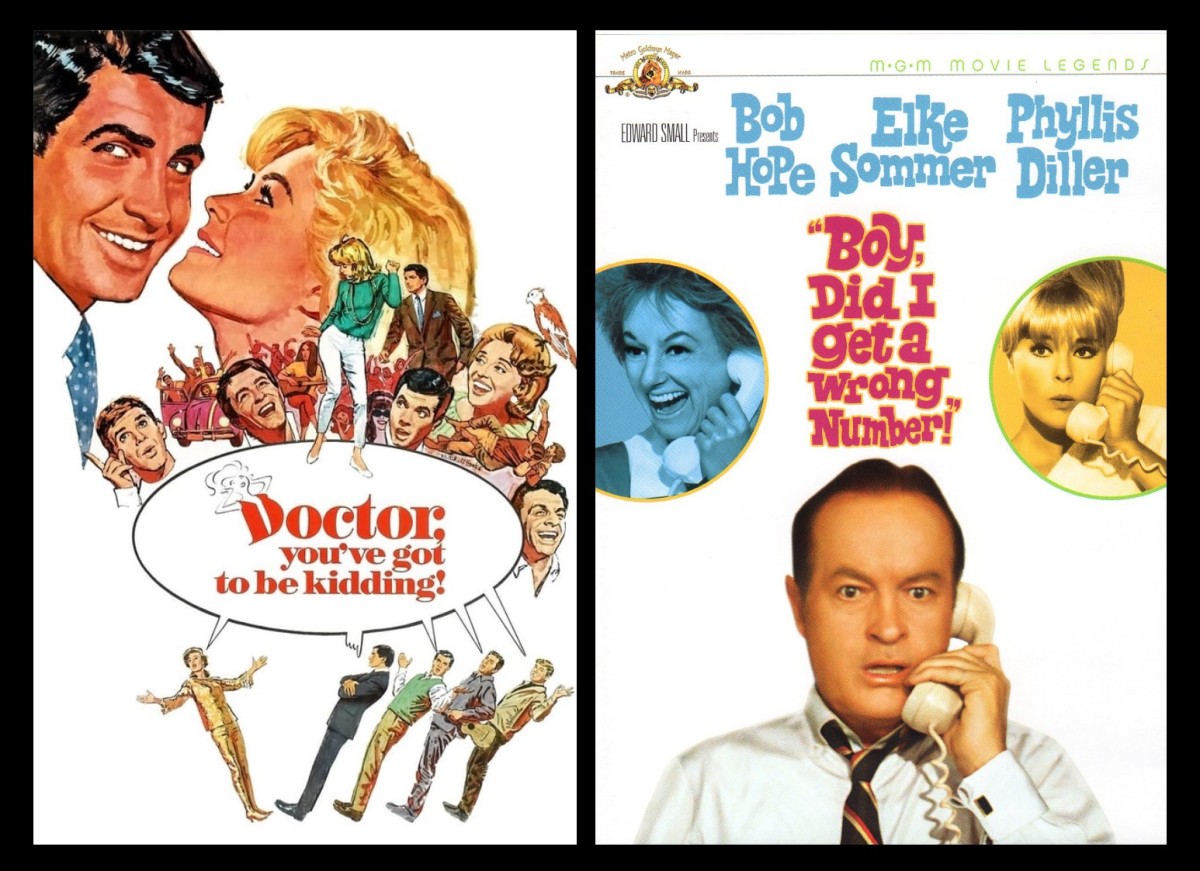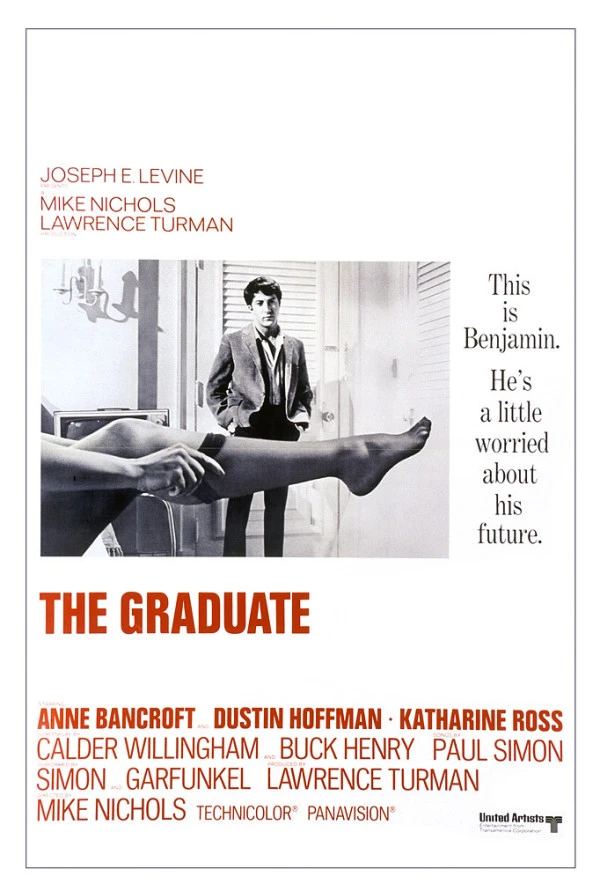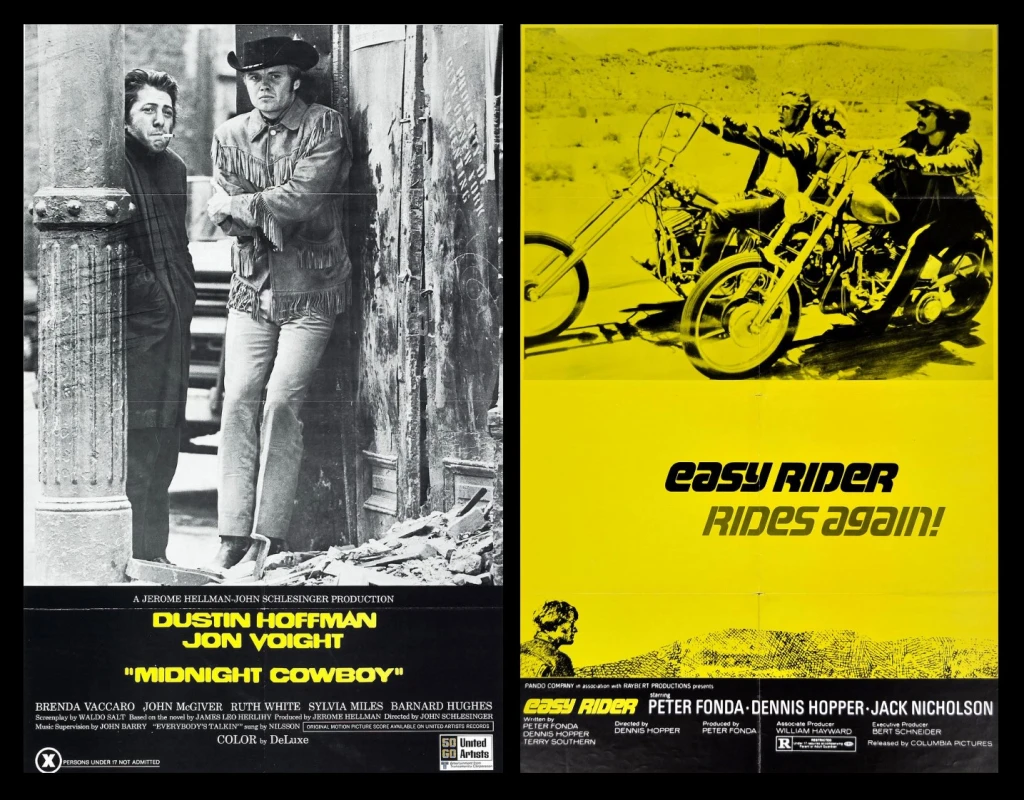by James Wallace Harris, 4/25/24
My backyard is an example of entropy in action. Working in my yard is a never-ending battle between chaos and order. If I had my wish, I’d move to a retirement condominium so I wouldn’t have to worry about a yard, or any kind of house maintenance. However, with rising HOA fees, and private equity takeovers, that wish could turn bad, and we’d be homeless. I see our paid for house as our last bastion of security, so I want to hang onto this home as long as possible.
Regarding yardwork, I must choose between two options. Either I pay someone to do it, or I do it myself. I’m not keen on either option. I’ve known lots of folks who got into gardening as they got older, and they found enjoyment and exercise in the pursuit. Right now, I strongly dislike working in my yard. I wonder if I can change my spots. Since I find hiring people frustrating, I’m agonizing over choosing between two things I don’t want to do.
My front yard is mostly weeds and dirt. My friend Annie told me how she was seeding her lawn with mini clover and told me about all its advantages. So, I ordered a couple pounds of mini clover seeds from Amazon. It’s been fun seeing it come up, that is until the lawn guys mowed the lawn for the first time this year. I had texted them to raise the cutting height to three inches. They didn’t. My front lawn was sheared so close to the ground that nearly everything green is gone. That annoyed the crap out of me. Like they say, if you want something done….
The mini clover can be trained to grow just 3-4 inches high, so after a few mowings it will require no more mowing. If I really want that to happen, I need to buy a mower and mow the lawn myself. Unfortunately, I don’t have any place to keep a mower. So, I’d also need to buy a storage shed. And if I fire my yard guys, I’d also need to buy a blower, trimmer, and chainsaw. And if I got into landscaping, like I need to do, I’d also need to buy a wheelbarrow and other gardening tools. This is getting expensive and a commitment.
My friend Leigh Ann hired a yard planner. He produced a 24-page document advising her on how to beautifully landscape her yard. I’m thinking about hiring him too, but I want him to advise me to create a simple easy-to-maintain lawn. I don’t want a beautiful, landscaped yard, but a yard the neighbors won’t feel embarrassed to see in the neighborhood.
Our house used to be Susan’s parents’ house. We bought it after they died. They loved working in the yard, and it was nicely landscaped. We’ve neglected the yard for thirteen years, and the landscaping has gone wild. I want a new landscape design that’s easy to maintain.
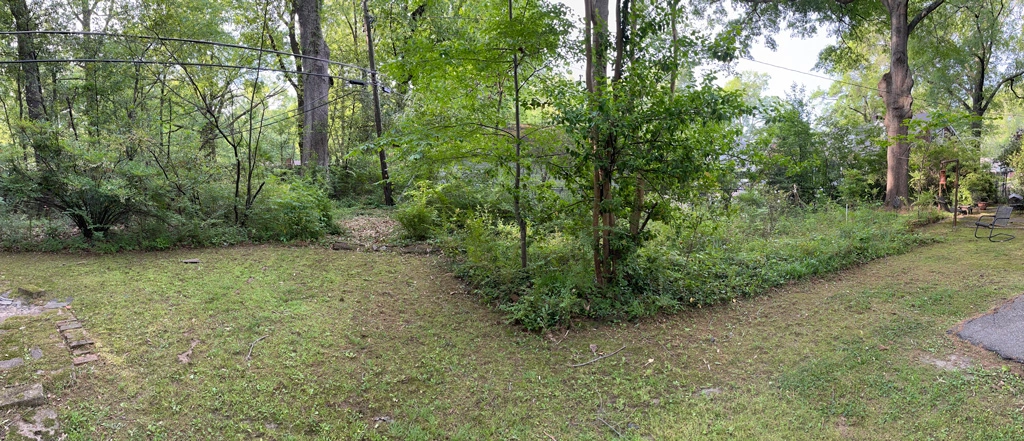
I rationalize letting it go wild was good for the environment. Birds, insects, and little creatures love it. We even have a possum living out back. However, twice now the utility company has had to hire a crew to cut a path to the power pole during power outages. They don’t tell us to keep our yard clean, but they do give us dirty looks and act mighty unfriendly.
One reason I don’t work in the yard is I have spinal stenosis, and I can only do a limited amount of physical work before I’m in a lot of pain. But I do believe I could put in twenty minutes a day. Susan absolutely refuses to work in the yard.
I theorize I might eventually conquer the yard by working twenty minutes a day and it might even be good for me. Hell, it could even turn into a hobby I enjoy. That seems to happen with a lot of older folks I know. On the other hand, I might invest thousands of dollars and want to give up in a month.
I really would like to make the mini clover work in the front yard. I’ve kind of enjoyed working with it. I go out twice a day to see how it’s doing. It does take a lot of watering, but if I can get it established, the mini clover is supposed to fix nitrogen in the soil and be minimal in maintenance. That would give me a sense of accomplishment if I pulled it off.
Reversing the entropy in the backyard will be a full-scale battle. I’ll need some dangerous power tools to conquer the reemerging forest. I’ll feel bad about killing all those wild bushes and baby trees, especially if they’re sanctuary to wildlife. However, if I want a yard that’s a yard, I will have to do that.
I’m just not sure what to do. I’ve been trying to get away from all my screens and do something real, and yard work is very real. I just don’t know if I can handle it, either physically or mentally. My friend Janis’ father still works in the yard, and he just turned ninety-nine. I wonder if his longevity and vitality come from yard work.
JWH



